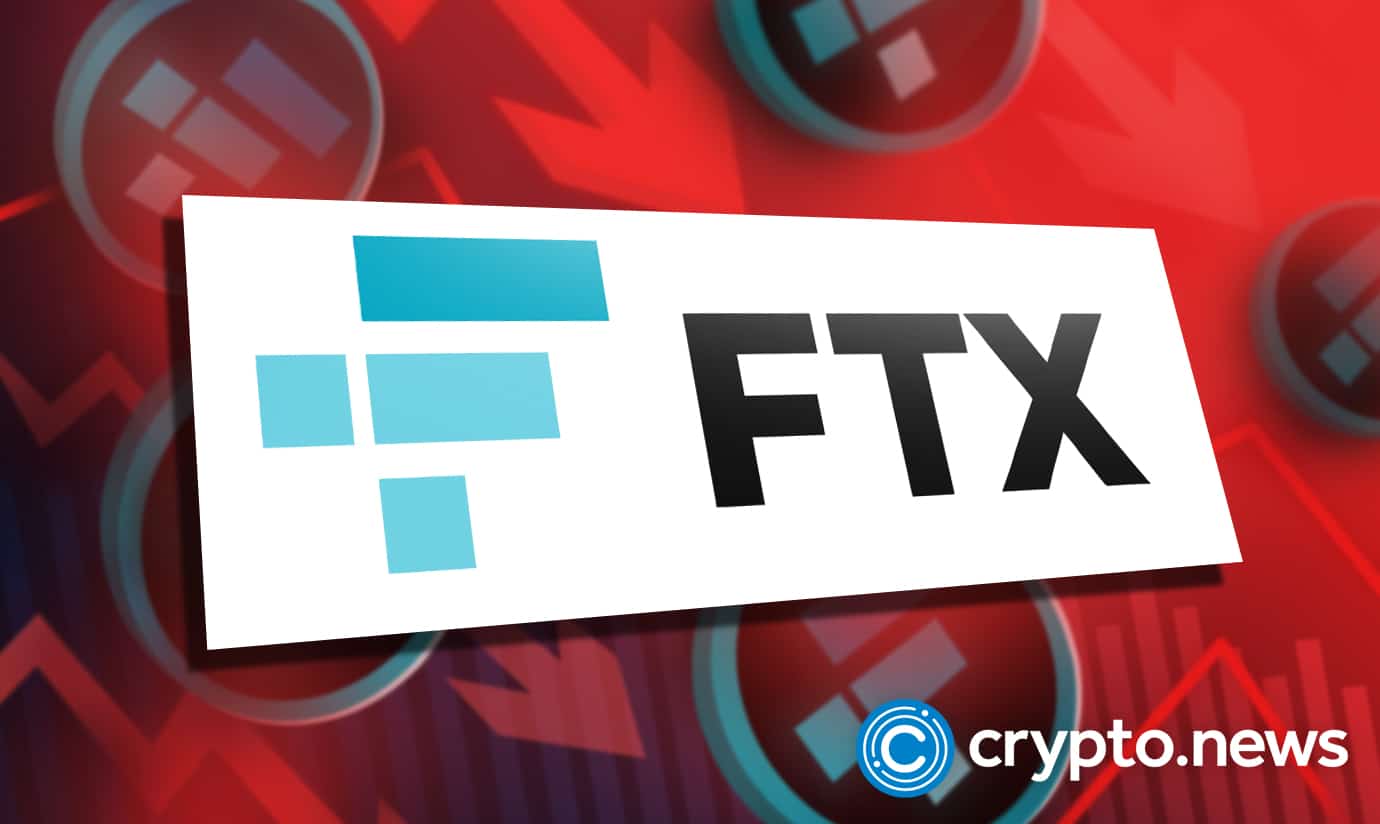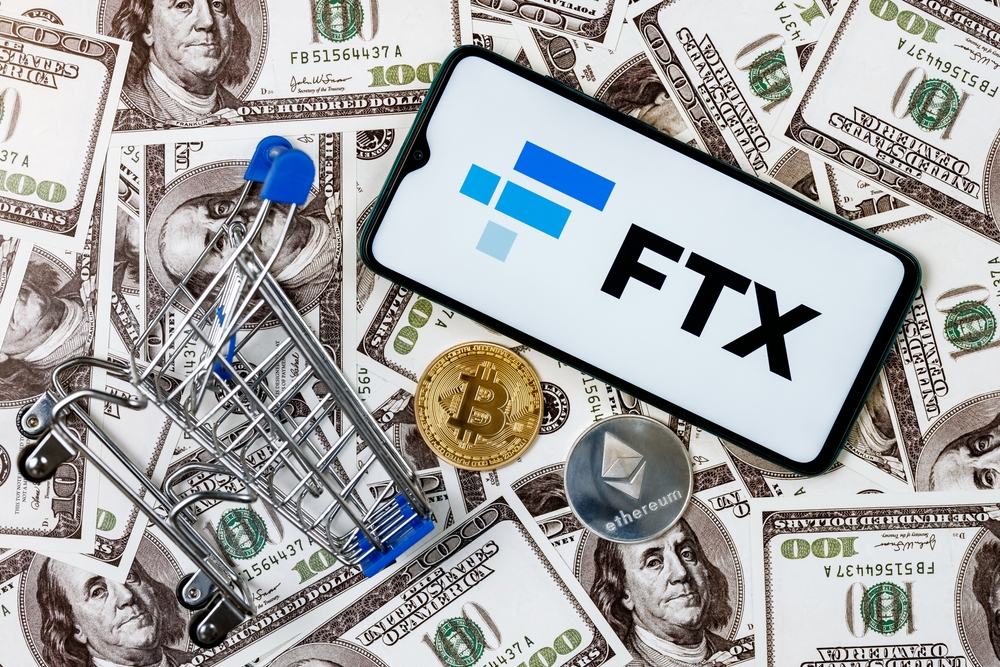2022-9-15 17:00 |
As Alameda Research becomes one of the digital token market makers globally, there are growing concerns over its close ties with FTX, the world’s second-largest cryptocurrency exchange.
Although no impropriety has taken place, the growing influence of the firms founded by Sam Bankman-Fried that have been interconnected since their inception is raising eyebrows over potential conflicts of interest, according to a Bloomberg report.
FTX and Alameda “have been able to benefit from a regulatory gap that has allowed them to trade and profit from cryptocurrencies without having to follow the same rules as traditional financial institutions,” Cory Klippsten, chief executive of startup Swan Bitcoin, told Bloomberg.
Alameda and FTXConsisting of young alumni from quantitative firms such as Jane Street and Susquehanna, Alameda Research began as little more than a proprietary trading shop. It was soon able to capitalize on a particular discrepancy in crypto exchange at the time.
Known as the “kimchi” premium, in which Bitcoin traded at a 10% markup between the U.S. and Japan, Alameda was able to earn $20 million before that window closed.
Cryptocurrencies then became more popular, drawing in more institutional investment and evaporating similar arbitrage opportunities. Consequently, Bankman-Fried decided to launch FTX as a way to reinvest the capital earned and capitalize on the growing market opportunities.
As an exchange, FTX makes its money off of transaction fees and the interest on loans to traders, while Alameda shifted its focus from arbitrage to market making, generating income from buying and selling tokens, then profiting from the spread between what it pays and what it offers.
Last year, with a staff of only 30, Alameda was able to generate $1 billion in profit.
When Bankman-Friend transitioned to FTX full-time last year, Caroline Ellison took over as chief executive. Both have insisted that the companies are distinct and siloed regarding information and resource sharing.
Potential conflictsYet, despite their professed distance, their respective size and functions may present inherent ethical ambiguities. According to Larry Tabb, head of market-structure research at Bloomberg Intelligence, exchanges and market makers with close ties and financial interests are “not conducive to being a fair marketplace.”
There are “reasons to split up the functions, to make sure everyone is on the up and up,” Tabb added. “When you consolidate and decompress divisions, you get inherent conflicts.”
One analogy he gave is if the New York Stock Exchange and market-making giant Citadel Securities shared the same owner.
However, given the global reach of what has become the world’s second-largest cryptocurrency exchange, Bankman-Fried said it is among the most regulated in the world.
Recognized by national authorities in Japan, Australia, Switzerland, Dubai, and the Bahamas, it is also registered with the European Union and multiple US federal agencies.
“Crypto has been substantially more lightly regulated with much less oversight than traditional finance, but I don’t think it’s actually true of FTX,” he said.
The post Questions of Propriety Arise Over Links Between FTX and Alameda Research appeared first on BeInCrypto.
origin »Bitcoin price in Telegram @btc_price_every_hour
FintruX Network (FTX) на Currencies.ru
|
|













